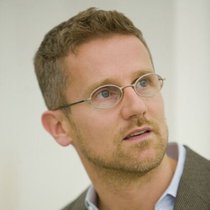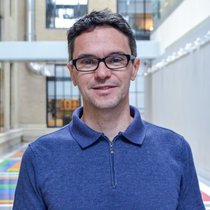Sensors embedded throughout the city, and pervading our lives, generate data at unprecedented scales. This gives unique opportunities to understand and design cities in novel ways — for this, we need new methods and tools. The Senseable Amsterdam Laboratory is a research initiative between AMS Institute and MIT that challenges what exists today, and introduce novel data — and science-based methods and tools to help the city of Amsterdam transition to a carbon-neutral city. SAL has partnered with the City of Amsterdam to use it as a testbed for innovation. It focuses on three research tracks: autonomous navigation, visual intelligence, and solutions aiming to making Amsterdam a carbon-neutral city by 2050. SAL research contributes to improving the quality of life in Amsterdam based on the development of critical scientific research, with the potential of extending it to other cities worldwide.
“The establishment of the Senseable Amsterdam Lab is a successful step toward expanding the impact of the work done by the Senseable City Lab in different parts of the world. Amsterdam will serve as a testbed for scientific research on achieving a carbon net-zero city for other cities worldwide to follow suit.”
Stephan van Dijk
Director of Innovation
In line with SAL’s mission to make Amsterdam carbon-neutral, researchers use visual intelligence to identify car models and link this information with whether the vehicles are electric or fueled by gas or diesel. This information could provide an indirect indication of air pollution levels and CO2 emissions in different street segments. Environmentalists and policymakers in Amsterdam can then leverage this data to create new policies protecting a greener Amsterdam. With critical milestones still to be achieved — including hardware and software, design, multi-vehicle coordination, and multiple services attached to the technology — autonomous navigation opportunities offer the potential to shape travel behaviours and rethink urban life.
Based on the development of critical scientific research and the engagement of local Amsterdam PIs and researchers and partners, these three research tracks contribute to improving the quality of life in Amsterdam with the potential to extend this knowledge to other cities worldwide.
| Duration: |
|
| Related Information: |
Principal Investigators
Project members

Tom Benson






